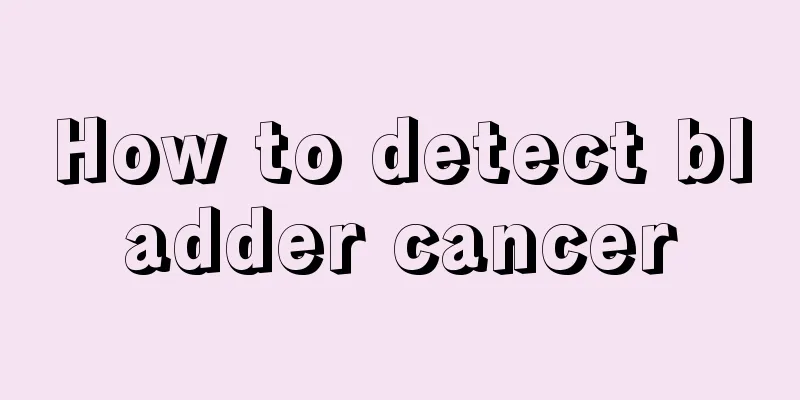The pros and cons of teeth cleaning, the pros outweigh the cons

|
Sometimes we find that we have been brushing our teeth for a long time, but there is still something yellow on the inside of our teeth, and they are not as smooth as other teeth when licked. And if it can't be brushed off no matter how hard you try, it means you need a teeth cleaning. But there are many misunderstandings that make many people reluctant to have their teeth cleaned. So what are the pros and cons of teeth cleaning? Teeth cleaning can be divided into manual cleaning and ultrasonic cleaning according to the different instruments used. Manual cleaning is performed using different types of manual scalers, while ultrasonic cleaning is performed using an ultrasonic scaler. 1. Manual cleaning The disadvantages of manual cleaning are obvious, namely, it is time-consuming and labor-intensive. It usually takes about 3 hours to complete manual cleaning of the entire mouth of teeth. For patients with a lot of tartar, it may even have to be done in several sessions. The patient needs to keep his mouth open during this process. Keeping the mouth open for a long time is undoubtedly very uncomfortable for the patient, and the long operation is even more of a torture for the doctor. Therefore, manual cleaning is used less and less in clinical practice, and is replaced by ultrasonic cleaning. However, manual cleaning also has its advantages. For doctors, manual cleaning feels better and they can feel the presence of tartar more clearly. The force of manual cleaning is relatively gentle, and there is no water spray during the operation, so the patient will not feel strong discomfort, and the chance of cross-infection in the clinic will be reduced. 2. Ultrasonic cleaning The ultrasonic dental cleaner consists of an ultrasonic generator and a transducer. The generator emits electromagnetic oscillations and amplifies the power. The transducer converts high-frequency electrical energy into ultrasonic vibrations with a vibration frequency of 20,000 to 45,000 Hz. The high-frequency oscillation of the working head on the transducer removes tartar attached to the tooth surface. The working head of the ultrasonic dental scaler has various shapes, such as pointed round and flat, etc. You can choose the appropriate working head according to the size and location of the tartar. In addition, the ultrasonic dental cleaning machine is also equipped with a water spray system. When the ultrasonic vibration of the working head is started, the water spray system sprays water to the working head at the same time to form an aerosol. On the one hand, it plays a role in cooling the working head. Another important aspect is to form a cavitation effect, that is, there are tiny vacuum bubbles in the spray water droplets that collapse rapidly to generate energy, which has a flushing effect on tartar, plaque, etc., and washes away the broken tartar and blood stains. The advantage of ultrasonic cleaning is that it saves time and effort. Generally, the supragingival cleaning of the entire mouth of teeth can be completed in about an hour. After ultrasonic cleaning, a probe should be used to carefully check for any missed tartar. If some small tartar and tartar on the adjacent surfaces are left, they should be cleaned away with manual instruments. In addition, some patients are not suitable for ultrasonic cleaning. Patients with infectious diseases such as tuberculosis, hepatitis B antigen positive, HIV infection, etc. are prohibited from using ultrasonic dental scalers because the spray it produces will contaminate the operating area and the surrounding environment. Patients with respiratory diseases should not use ultrasonic dental scalers, such as patients with respiratory depression, patients with chronic lung disease, etc. The water spray and mist during ultrasonic treatment may bring danger to these patients. Generally, patients with pacemakers are prohibited from using ultrasonic dental scalers to avoid symptoms such as heart rhythm disorders caused by interference with the pacemaker. |
<<: How to effectively treat lumbar myositis
>>: What are the symptoms of psoas myositis
Recommend
How to clean white cotton clothes when they turn yellow
Buying clothes has become a common thing in today...
What are the symptoms of nasopharyngeal carcinoma metastasizing to the lungs?
What are the symptoms of nasopharyngeal carcinoma...
What are the dangers of girls staying up late
It is common nowadays for young women to stay up ...
Red nose tip after rhinoplasty
The bridge of the nose after rhinoplasty will loo...
Does nasopharyngeal cancer have a high survival rate? Is it hereditary?
Does nasopharyngeal cancer have a high survival r...
What is the correct way to use sanitary napkins
Although many people know about sanitary napkins ...
Will swimming cause heavy moisture?
As we all know, there is varying degrees of moist...
What does it feel like to use a tampon
A long time ago, women did not have sanitary napk...
Does cervical cancer have genetic factors?
The length of survival of cervical cancer patient...
What to do if one side of my face is fat while the other side is thin
Faces are not symmetrical, and the differences in...
How many times does an eight-month-old baby poop?
The child's physical condition can be seen fr...
What causes yellow eyes? Five most common diseases
Under normal circumstances, human eyeballs are bl...
Herpes window period
Generally speaking, shingles can be understood th...
Cholecystectomy is one of the treatments for gallbladder cancer
After the diagnosis of gallbladder cancer, the ap...
Why does drinking milk on an empty stomach cause stomach pain in the morning?
Milk is a drink that is deeply loved by people in...









